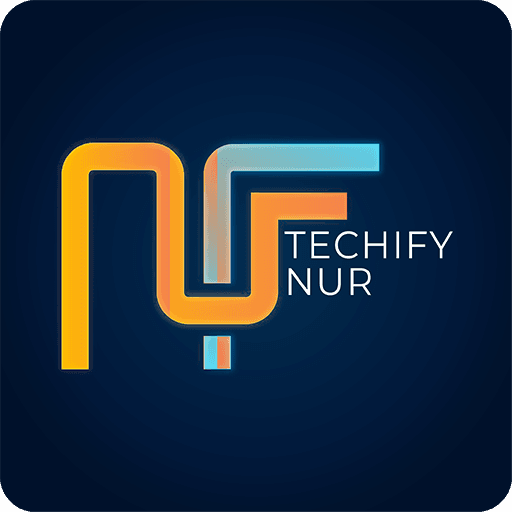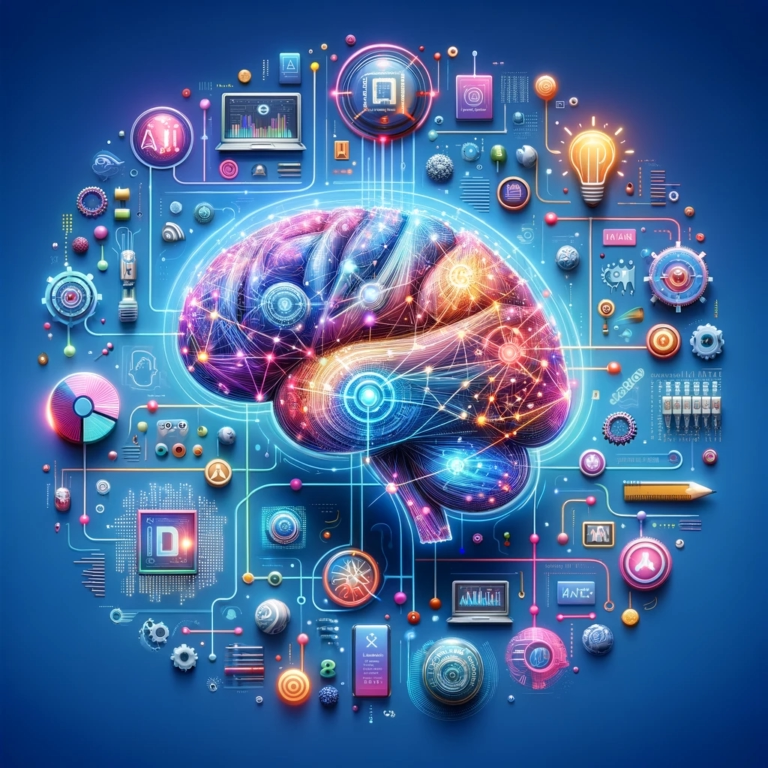Understanding the Paradigm Shift
Have you ever stopped to think about how deeply artificial intelligence (AI) is integrated into our everyday lives? From the moment we check our phones in the morning to our late-night Netflix marathons, AI is quietly operating in the background. It’s changing industries, redefining jobs, and even affecting how we communicate with each other. This isn’t just a trend—it’s a reality backed by data and case studies that we need to pay attention to.
In this blog, we’ll explore how Artificial Intelligence is transforming fields like healthcare, finance, education, and transportation, as well as its effects on privacy, ethics, and the job market. The goal isn’t just to be amazed by AI’s potential but also to grasp its implications for us as individuals and for society as a whole. Let’s dive into this together.
Problem: Challenges We Face in a Rapidly Changing World
We’re living in an era where change is the only constant. However, not all of us are fully prepared for how quickly AI is evolving. Here are some of the pressing challenges:
- Automation Anxiety: Many of us worry about losing our jobs to machines. A report by McKinsey Global Institute estimates that 375 million workers globally may need to switch occupations by 2030 due to automation.
- Data Privacy Concerns: As AI systems become smarter, they require more data. But where does the line get drawn between improving services and invading our privacy?
- Bias and Ethical Dilemmas: Artificial Intelligence, like us, isn’t perfect. Algorithms can inherit biases from their training data, leading to unfair outcomes. Think of facial recognition systems that perform poorly on certain demographics.
- Accessibility Gaps: Not all of us have equal access to the benefits of AI. Whether it’s rural communities in the U.S. or developing nations globally, the AI revolution risks widening existing disparities.
Agitation: Why This Matters to Us
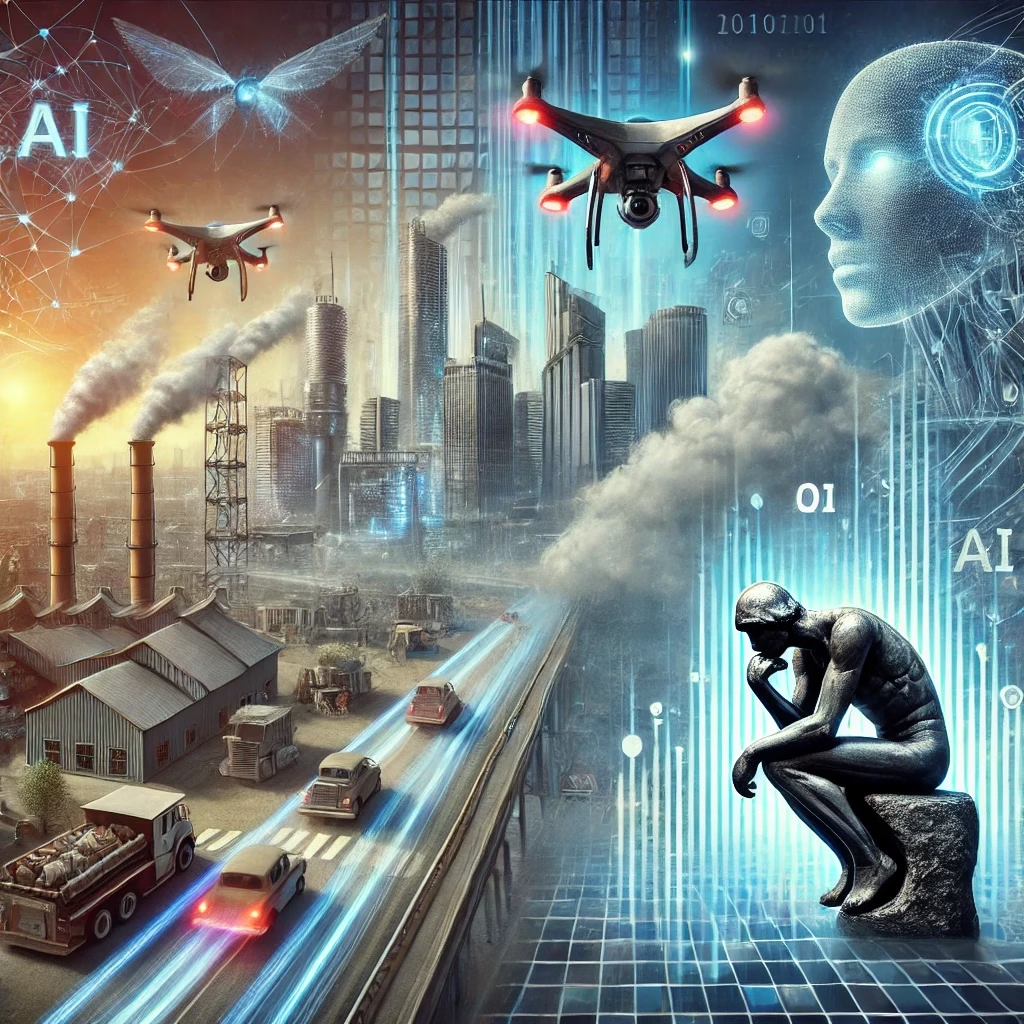
The question we need to ask ourselves is: Are we leveraging AI’s potential or letting it widen societal gaps? When we think about automation anxiety, we might imagine ourselves or someone we know being replaced by a machine. These aren’t just abstract fears—they’re happening. According to the World Economic Forum, 85 million jobs could be displaced by automation by 2025, but 97 million new roles may also emerge.
Think about data privacy for a moment. Have you ever noticed how eerily accurate some ads are? It’s because companies know more about us than we’d like to admit. While AI-driven personalization can be convenient, it’s also unsettling to know that your habits, preferences, and even insecurities are being used for profit.
We need to confront these issues head-on. They’re not problems for someone else to solve—they affect all of us.
Solution: Harnessing AI for Good
Despite the challenges, AI holds immense potential to solve some of our most pressing problems. Here’s how it’s transforming key sectors:
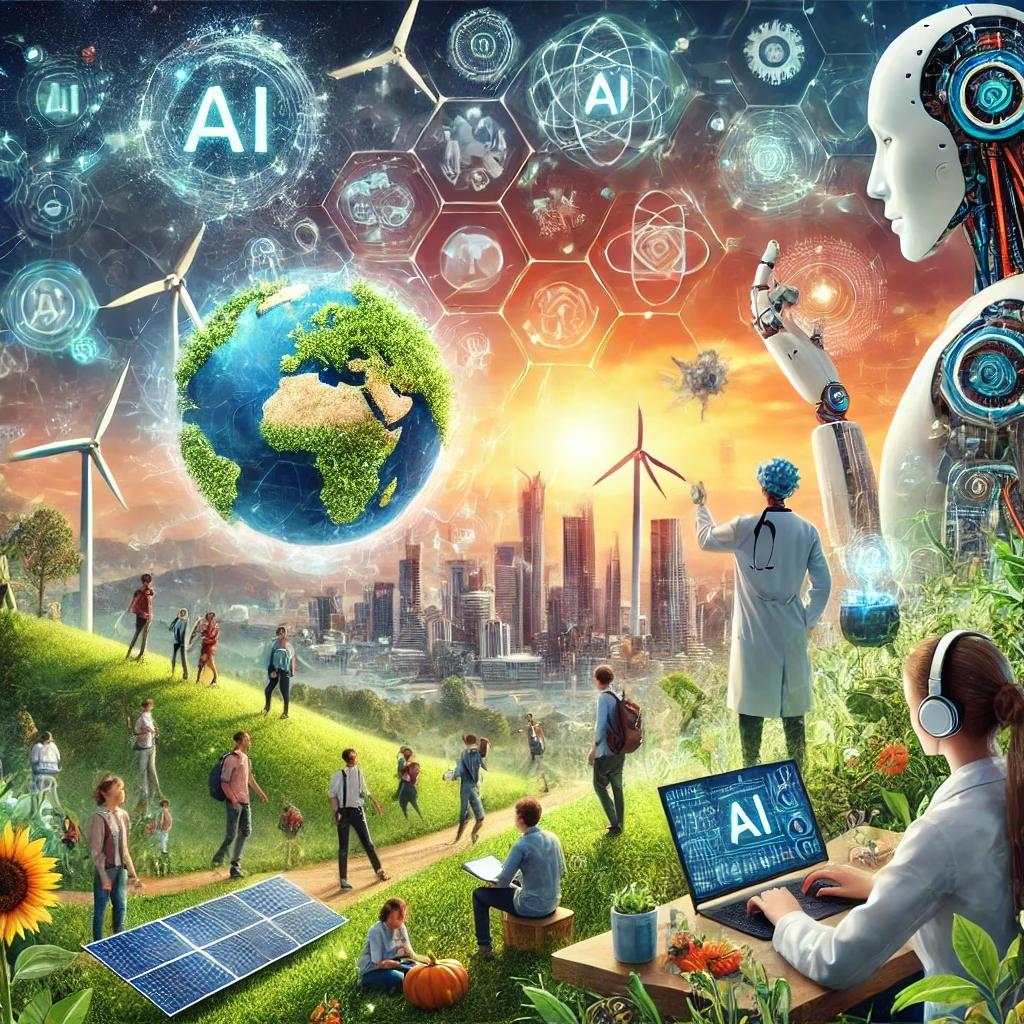
1. Healthcare: From Diagnosis to Drug Discovery
AI has revolutionized healthcare, making it more accurate and efficient. For example, IBM’s Watson Health analyzes vast amounts of medical data to provide insights that help doctors diagnose diseases faster. AI-powered tools like Butterfly Network’s handheld ultrasound device are making diagnostics more accessible, even in remote areas.
During the COVID-19 pandemic, AI played a crucial role in vaccine development. Companies like Moderna used AI to accelerate mRNA vaccine design, a process that would typically take years. According to a study published in Nature Biotechnology, AI models significantly reduced the timeline for identifying viable vaccine candidates.
2. Finance: Smarter Investments and Fraud Detection
AI is transforming the way we manage money. Algorithms analyze market trends to help investors make smarter decisions. Robo-advisors like Betterment and Wealthfront use AI to provide personalized financial advice, making investing accessible to more people.
Moreover, AI is enhancing fraud detection. For instance, Mastercard’s AI systems monitor transactions in real time, identifying suspicious activities and preventing fraud before it happens. A study from Juniper Research predicts AI-based fraud prevention systems will save businesses over $11 billion annually by 2025.
3. Education: Personalized Learning for All
The traditional one-size-fits-all approach to education is being replaced by personalized learning experiences. AI platforms like Duolingo adapt to our learning pace, ensuring we grasp concepts before moving on. Companies like Coursera and Khan Academy use Artificial Intelligence to recommend courses and materials tailored to individual needs.
In schools, AI-driven tools are helping teachers grade assignments and identify students who may need extra support. This allows educators to focus on what matters most—teaching and mentoring. Research from Stanford University suggests that AI-powered learning tools can increase student retention by up to 20%.
4. Transportation: The Road to Autonomous Vehicles
Self-driving cars aren’t just science fiction anymore. Companies like Tesla, Waymo, and Cruise are using AI to develop autonomous vehicles that promise safer and more efficient transportation. According to the National Highway Traffic Safety Administration, 94% of serious crashes are due to human error. AI-driven cars could significantly reduce this number.
Public transportation is also benefiting. In cities like Las Vegas, Artificial Intelligence is being used to optimize traffic flow and reduce congestion, making commutes faster and less stressful. A report by McKinsey suggests AI-optimized traffic systems could reduce commute times by up to 20% in urban areas.
The Ripple Effects of AI
Job Market Evolution
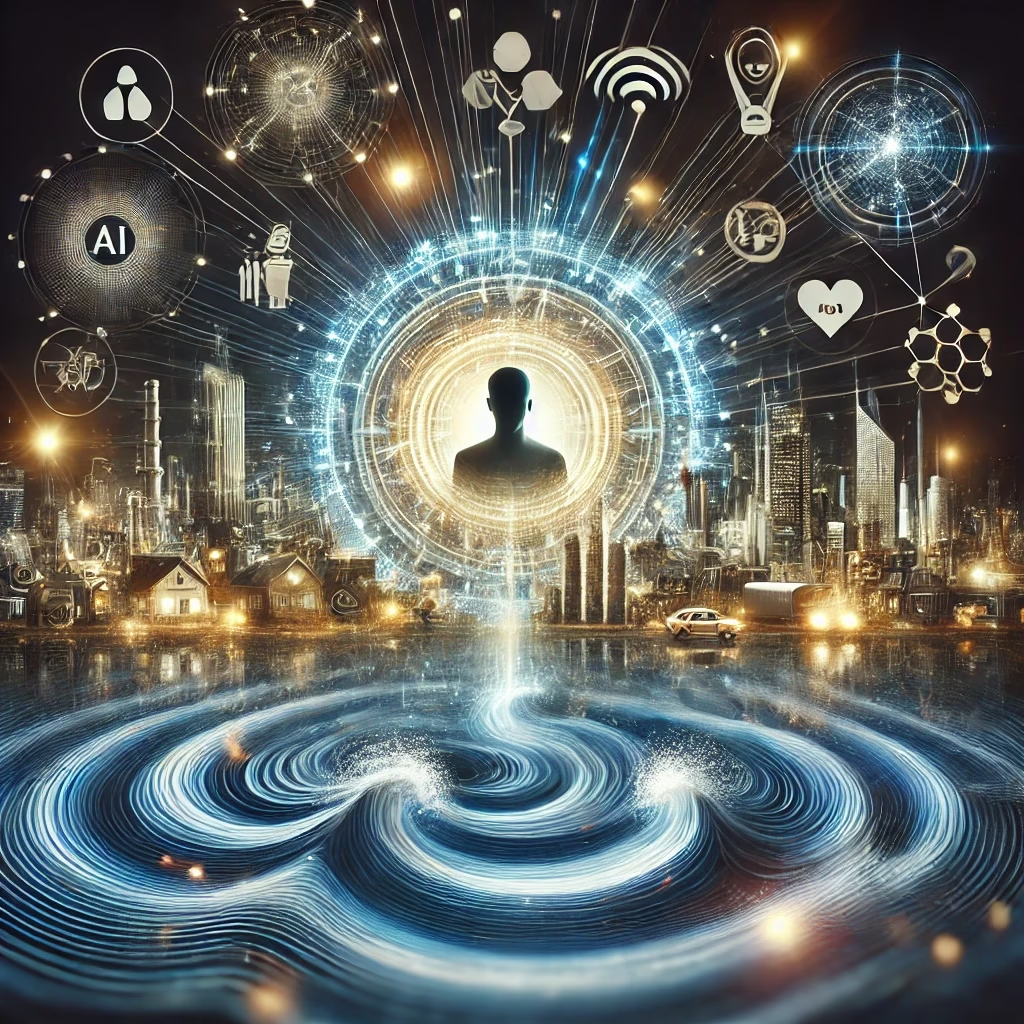
While some jobs will be automated, new opportunities will arise. Roles in Artificial Intelligence development, data analysis, and cybersecurity are in high demand. For instance, LinkedIn’s 2023 Emerging Jobs Report lists machine learning engineers and data scientists among the top roles. Additionally, a study by PwC forecasts that Artificial Intelligence could contribute up to $15.7 trillion to the global economy by 2030, creating countless new job opportunities.
Improved Accessibility
AI-powered tools like voice assistants and real-time language translators are breaking barriers for people with disabilities or those who speak different languages. Google’s Live Transcribe app, for example, is a game-changer for the deaf and hard-of-hearing community. According to a report by the World Health Organization, such technologies have improved accessibility for over 1 billion people worldwide.
Environmental Impact
AI is helping us tackle climate change. From predicting weather patterns to optimizing energy use, Artificial Intelligence applications are making sustainable practices more achievable. IBM’s Green Horizon project uses AI to forecast air pollution, helping cities take preventive measures. A study in Science Advances highlighted how AI-driven energy management systems have reduced energy consumption in smart buildings by up to 30%.
Balancing the Scale: Ethical and Policy Considerations

To ensure AI serves us well, we need robust ethical guidelines and policies. This includes:
- Transparency: Companies must disclose how Artificial Intelligence systems make decisions.
- Accountability: Developers should be responsible for the outcomes of their algorithms.
- Fairness: We must address biases in Artificial Intelligence to ensure equitable outcomes for all.
- Education: Policymakers, educators, and businesses must work together to equip us with the skills needed in an AI-driven world.
What Can We Do?
As individuals, we can:
- Stay Informed: Keep up with how AI is shaping our world. Knowledge is power.
- Upskill: Learn new skills to stay relevant in an evolving job market. Platforms like Udemy and edX offer courses on AI and machine learning.
- Advocate: Push for ethical AI practices in our workplaces and communities.
As a society, we need to:
- Invest in Education: Ensure that future generations are prepared for an AI-driven world.
- Foster Collaboration: Encourage partnerships between governments, businesses, and academia to address AI’s challenges.
Conclusion: Shaping Our AI Future
AI isn’t just a technological advancement; it’s a societal shift. While it brings challenges, it also offers unprecedented opportunities. By embracing its potential and addressing its pitfalls, we can ensure that Artificial Intelligence transforms our world for the better—for all of us.
Let’s not just witness this transformation; let’s be a part of it. The future is ours to shape. What will we make of it?
